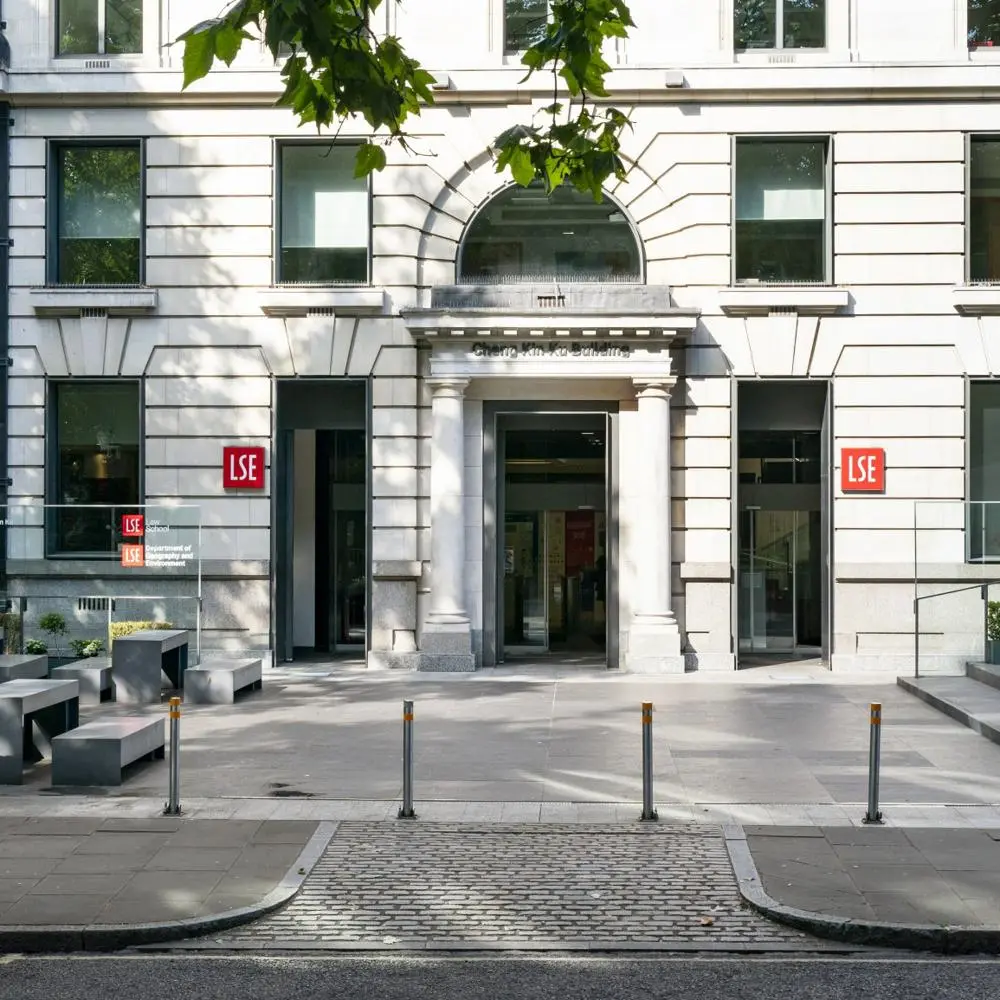Jonathan Tinker (MSc Philosophy and Public Policy)

Testimonial
Question 1. Why did you choose LSE and the programme?
I am coming to the end of my Masters in Philosophy and Public Policy. I might be the first person to do a Masters in a subject I already have a PhD in. It doesn’t really seem sensible does it? But the thing is, I completed my PhD over a quarter of a century ago and instead of being a philosopher since then, I spent a whole career trading foreign exchange at a large investment bank. When it came to ‘what next?’, however, I realised I still had an itch to scratch about the career that might have been. Unfortunately, the hard-learned details of my philosophical studies were mostly lost to the mists of time, and any area of expertise that did exist had long since decayed.
On a more positive note, twenty years trading foreign exchange had given me a front row seat of how macro economic policy can play out; and, working in a large investment bank during those years? Well, let’s just say that gives you and a clear perspective of how policies can go wrong! I chose LSE and the course on the recommendation of an old friend (who had spent the intervening quarter century as a professional philosopher). It covered the areas of political and moral philosophy that I had never studied, lent itself to the professional perspectives I had developed along the way, and gave me a route to get back into philosophy so I might scratch that itch.
Question 2. Which aspect of your studies were the most beneficial for your professional as well as personal development?
The course gave me a structure I needed to get back into philosophy—simply resolving to “go and read some books” without any direction or support, would have gotten me nowhere. You just don’t know what you don’t know. The content of the course, and its various different topics and speakers, were all fantastically interesting and it has given my the opportunity and support to work towards new areas of potential expertise.
LSE has been everything I hoped for. I have learned all sorts of new things, sometimes in fields of study I didn’t even know existed.
Question 3. What is your fondest memory of your time here?
I was at a talk at one of the many seminar groups arranged by the department (which are all excellent by the way). Although I hadn’t made the connection in advance, the (now eminent) visiting speaker turned out to be from the institution where I had studied for my PhD. Despite not seeing each other for twenty five years, and both looking somewhat different these days, we still recognised each other. It was great to reminisce about old times (after rigorous debate of cutting-edge philosophical issues of course!) and make a concrete link between my old a new life in philosophy.
Question 4. Why would you recommend studying at LSE and the Philosophy department in particular?
The teaching and research is of the highest quality. This is externally recognised, but I have also experienced it first hand. The courses are well structured and stimulating topics are chosen. There are many different options to choose from, and the core modules have had some great guest speakers. In seminars, I have found the level of engagement and debate between the students impressive, and have experienced a lot of support from staff for researching further on the topics I found most interesting. There are also countless additional talks and seminar groups, including interdisciplinary ones, which give real access to the thriving research community at LSE.
Question 5. Your LSE experience in your own words
It began with the advice of an old friend, and more than a little trepidation, but LSE has been everything I hoped for. I have learned all sorts of new things, sometimes in fields of study I didn’t even know existed. I have been taught by, and studied with, some extremely smart people. I was given the chance to do some teaching myself, which I enjoyed immensely and intend to continue, as well as the support needed to develop my own lines of research (and, who knows, maybe eventually something that counts as an area of expertise!). I am grateful for being given every means to scratch that itch, and it is a testament to LSE that it’s still itchy.
